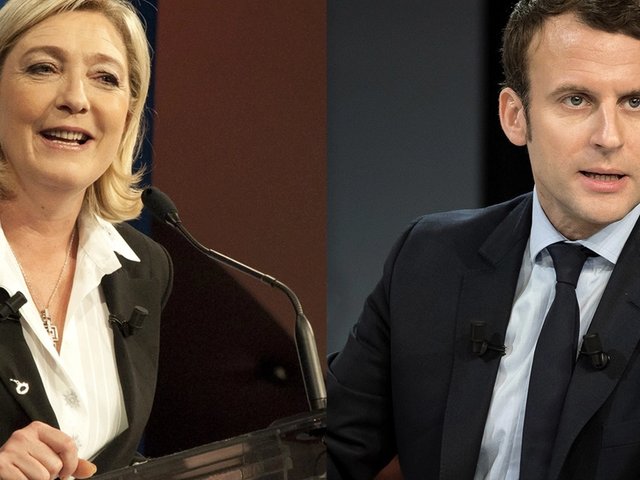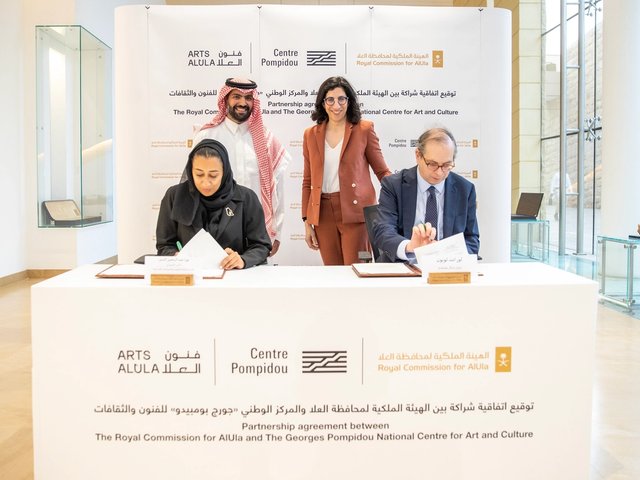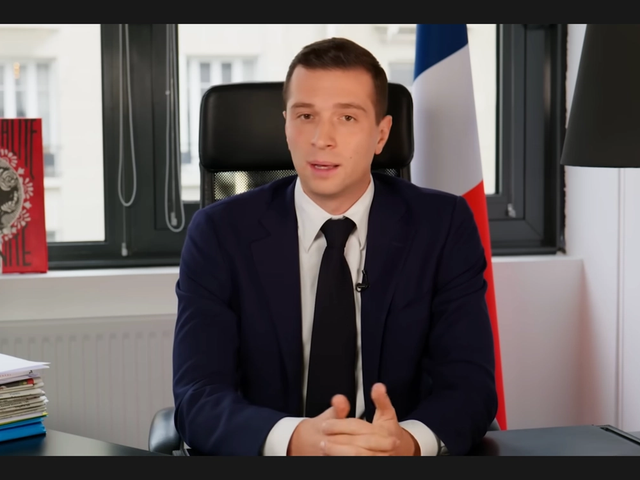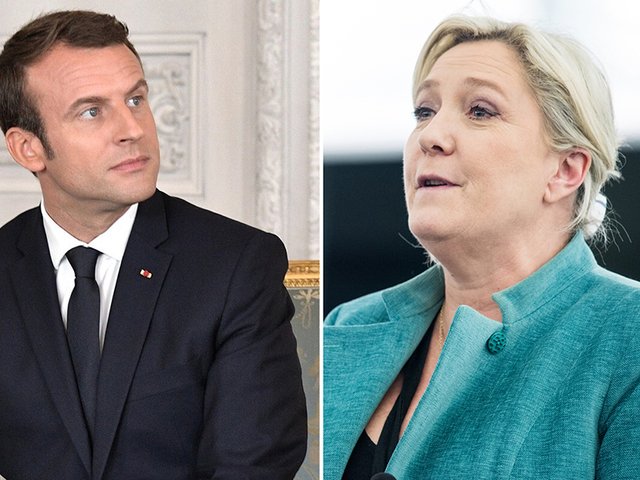The culture sector in France is on the point of seismic change in the wake of President Emmanuel Macron’s decision to call snap legislative elections on 30 June and 7 July. The far-right National Rally (Rassemblement National, RN) won 33% of the popular vote in the first round with the left-wing New Popular Front (NFP) alliance on 28% and Macron’s centrist Together bloc on 21%. Our sister paper, The Art Newspaper France, interviewed representatives from the three main political parties and blocs about their plans for the culture sector (the full interviews can be accessed here).
Roger Chudeau, Rassemblement National representative on the cultural affairs and education committee in the National Assembly
The Art Newspaper: What will be the first measures taken if the RN wins the legislative elections?
Roger Chudeau: Cultural stakeholders have been deploring for years, and rightly so, that France has definitively abandoned the idea of implementing a major national cultural policy like [the writer former cultural affairs minister André] Malraux did in his time [under Charles de Gaulle]… France deserves a large-scale cultural policy worthy of the great nation that it is. Culture therefore lends itself to reform through the implementation of a structural policy for the country. Starting in the autumn, public broadcasting will be privatised to ensure the full and complete independence of content and information. Also starting in the autumn, teaching will be refocused on fundamental knowledge (science, French, history) because we are convinced that culture is an area with a special link to education. It would be a failure not to point children towards the historical context of Picasso’s Guernica (1937) or Delacroix’s Liberty Leading the People (1830).
What is your position regarding closing the Centre Pompidou for five years for renovations?
The arguments put forward by art and culture professionals who protest against such a long closure are perfectly viable. However, it is just as necessary, for the good of the collections and our public institutions, that large-scale work takes place. We should hope that the government has the same ambitions for many heritage sites in danger. For this specific case [of the Centre Pompidou], alternative solutions seem to have been promised by the government [such as showing some of the institution’s collection in the Grand Palais]. It will still be necessary to ensure that they are implemented without causing collateral damage.
How do you plan to support the French contemporary art scene?
First of all, it is essential to make the distinction between “contemporary art” understood as the whole of the current artistic scene and “contemporary art”, understood no longer as a historical period, but as a separate genre. In absolute terms, support for the French artistic scene is imperative since we are firmly convinced that France is a great nation driven by a true creative force and endowed with talented artists. Currently, the best way to support the French artistic scene is therefore to demonstrate political courage by taking very seriously the question of freedom of expression [which is] greatly endangered by deconstruction ideologies and new artistic paradigms.
Sarah Legrain, New Popular Front, vice-president of the Cultural Affairs and Education Committee at the National Assembly
The Art Newspaper: What will be the first measures taken if the NFP wins the legislative elections?
Sarah Legrain: We must first save the public service of culture! Among other things, due to the combined effects of inflation and disinvestment, entire sectors are running out of steam. We must assume responsibility for refinancing and implementing a policy of access to culture for the working classes. This will also strengthen artistic diversity. To preserve the plurality of the offer, financing is necessary.
You want to “extend free admission to all national museums, guarantee affordable pricing in public institutions and control prices in private institutions”. How do you plan to finance free access to national museums?
We must make financial choices that will lead to popular access to culture—and in particular help local authorities which have been suffocated in recent years and had funding losses.
-What is your position regarding closing the Centre Pompidou for five years for renovations?
We supported the workers and their demands to maintain their jobs… I have no opposition in principle to closing for [refurbishment] work when necessary, but it must be limited and justified, and done in consultation with the teams so that these important human resources are well used. Furthermore, what is important is to maintain access to the works of art during the development. Closure is one thing, access to collections is another. We must guarantee that displaying the collections is possible elsewhere, and that the closure for work does not serve as a pretext for job cuts afterwards.
How do you plan to support the French contemporary art scene?
One of the important points is to reform the culture pass [for 18 year olds]. It allows young people to have a budget for consuming [culture], but in reality mediation is needed, otherwise it is always the same cultural industries that benefit.
I understand that [in the face of] inflation, people use [the pass] to go to the cinema or buy a book that they had already planned to buy. However behind [the scheme] there are public funds, and [this narrow use] is to the detriment of areas that are less obvious to these young people, such as contemporary art.
Nicolas Idier, culture representative for Renaissance, the party of Emmanuel Macron
The Art Newspaper: What will be the first measures taken if Renaissance remains in power?
Nicolas Idier: Our first step will be [to boost] culture in rural areas… there is real room for improvement in the way in which rural areas are taken into account in our cultural policies. This plan, which was due to be announced at the end of June, is ready and includes around 20 ambitious measures. The second step will be to launch [key] statements around artistic creation (for visual arts and performing arts), and to respond to the weakening of the sector in a context of economic crisis. It is only together, with public and professional partners, that we can find the relevant solutions. Our third initiative: launch a support plan for local art schools to promote access to these schools for all, [to promote] better student living and teaching conditions during the course.
What is your position regarding closing the Centre Pompidou for five years for renovations?
The Centre Pompidou is a jewel of our cultural landscape, but it is a jewel that is now under threat as the need for work has become so great. For years, many have regretted that the state did not invest in renovating this major site. Today, the conditions are right; not undertaking this work would be a historic mistake. To complete it as quickly as possible and within a budget that remains reasonable, the building will have to be completely closed, but not the Centre Pompidou as an institution; its activities will continue elsewhere in Paris, notably at the Grand Palais, but also throughout the country.
How do you plan to support the French contemporary art scene?
This scene is exceptionally vital but it remains fragile. The first effort will therefore aim to strengthen the resources allocated to places, particularly art schools and art centres. We want to work with local authorities to ensure that the visual arts sector is recognised and supported. We want to prioritise the creators themselves and not just their projects. Residencies are one of the key mechanisms for nurturing artistic work. In terms of artist residencies abroad, the ministry will engage in a new effort. We will also give a new impetus to artistic commissions, in connection with major events such as the bicentenary of photography in 2026. Finally it is essential to protect and [properly] remunerate copyright for artists and authors.






